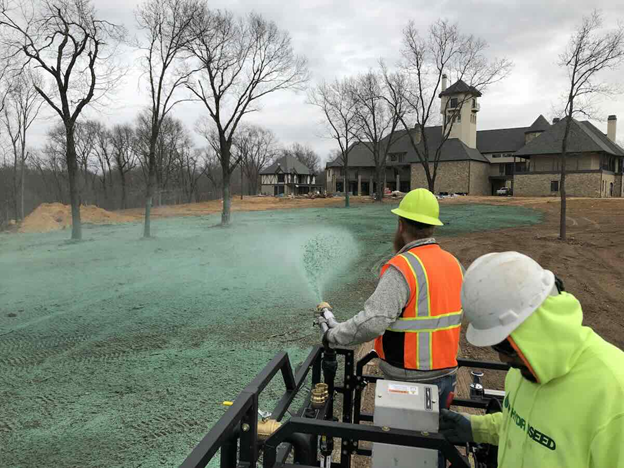Condominium ownership combines the freedom of personal property with the community governance structure. This unique arrangement requires a comprehensive set of rules – bylaws – that establish everything from daily operations to long-term decision-making processes. Despite their critical importance, many owners neglect reviewing these documents until conflicts arise. When researching properties such as rivermodern-condo, examining bylaws should rank among your top priorities. These documents reveal how the community functions, limitations on individual ownership rights, and decisions affecting your investment will be made throughout your ownership experience.
Governance structure explained
Condominium bylaws establish the fundamental governance framework for the community. These provisions typically specify:
- Board composition, election procedures, and term limits
- Meeting requirements and voting thresholds for various decisions
- Committee structures and their authority limits
- Management company relationships and oversight protocols
- Owner participation rights in governance processes
These governance mechanisms determine how efficiently the association operates and how much voice individual owners have in community decisions. Pay particular attention to quorum requirements for membership meetings, as high thresholds can prevent necessary votes from occurring when attendance is low.
Financial provisions that impact owners
Bylaws contain critical financial provisions directly affecting your ongoing costs and investment security. Key sections address:
- Assessment determination procedures and limitations
- Collection policies and delinquency consequences
- Reserve fund requirements and investment parameters
- Spending authority limits for boards versus membership votes
- Insurance requirements for both association and individual units
These financial rules establish the framework for budgeting, spending, and maintaining adequate savings for future needs. Communities with weak financial provisions often experience higher delinquency rates, inadequate reserves, and a greater likelihood of special assessments.
Modification and usage restrictions
Among the most immediately relevant bylaw provisions governing what owners can and cannot do with their units. These rules typically cover:
- Home-based business limitations
- Architectural modification approval processes
- Floor covering requirements to minimise noise transmission
- Occupancy limitations regarding the number of residents
- Age restrictions in designated senior communities
Review these restrictions before purchase to ensure they align with your intended usage. Even seemingly minor limitations, like requirements for specific window treatments visible from outside, can create friction when they conflict with personal preferences.
Rental and leasing regulations
Rental restrictions represent some of the most consequential and frequently changing bylaw provisions. Standard rental regulations include:
- Minimum lease terms (often prohibiting short-term rentals)
- Tenant screening or approval requirements
- Caps on the percentage of units that may be rented
- Mandatory lease provisions and tenant notifications
- Owner-occupancy periods before renting are permitted
These provisions directly impact investment potential for buyers considering future rental income. Recent trends show many associations strengthening rental restrictions to maintain owner-occupancy rates and community stability. Even if you plan to owner-occupy initially, future flexibility may be necessary.
Enforcement mechanisms
The effectiveness of any rules system depends on consistent enforcement. Bylaw enforcement provisions establish:
- Violation notification procedures
- Fine schedules and appeal processes
- Alternative dispute resolution requirements
- Legal action authorisation procedures
- Emergency enforcement powers
Strong enforcement provisions create predictable consequences while protecting the owner’s due process rights. Weak or unclear enforcement mechanisms often lead to selective rule application and community conflict over perceived favouritism.
When questions arise about specific provisions, seek clarification from association management or legal counsel familiar with condominium governance. The effort invested in bylaw review prevents future surprises and ensures your selected community aligns with your lifestyle expectations and investment goals.



